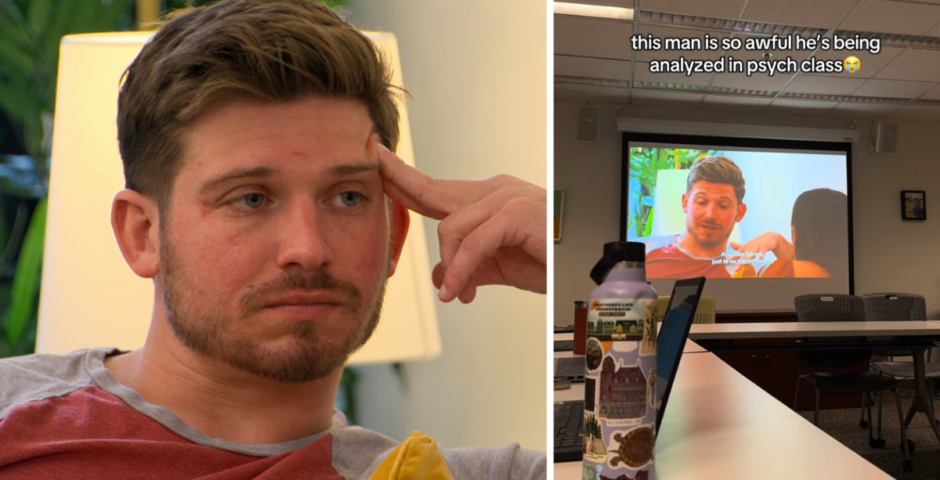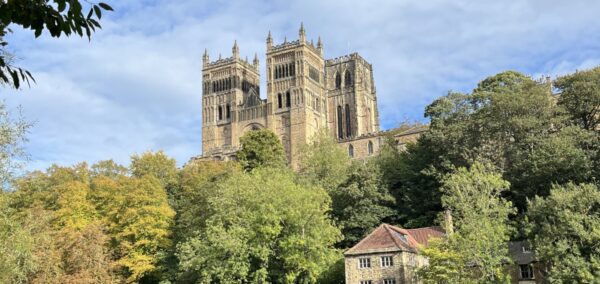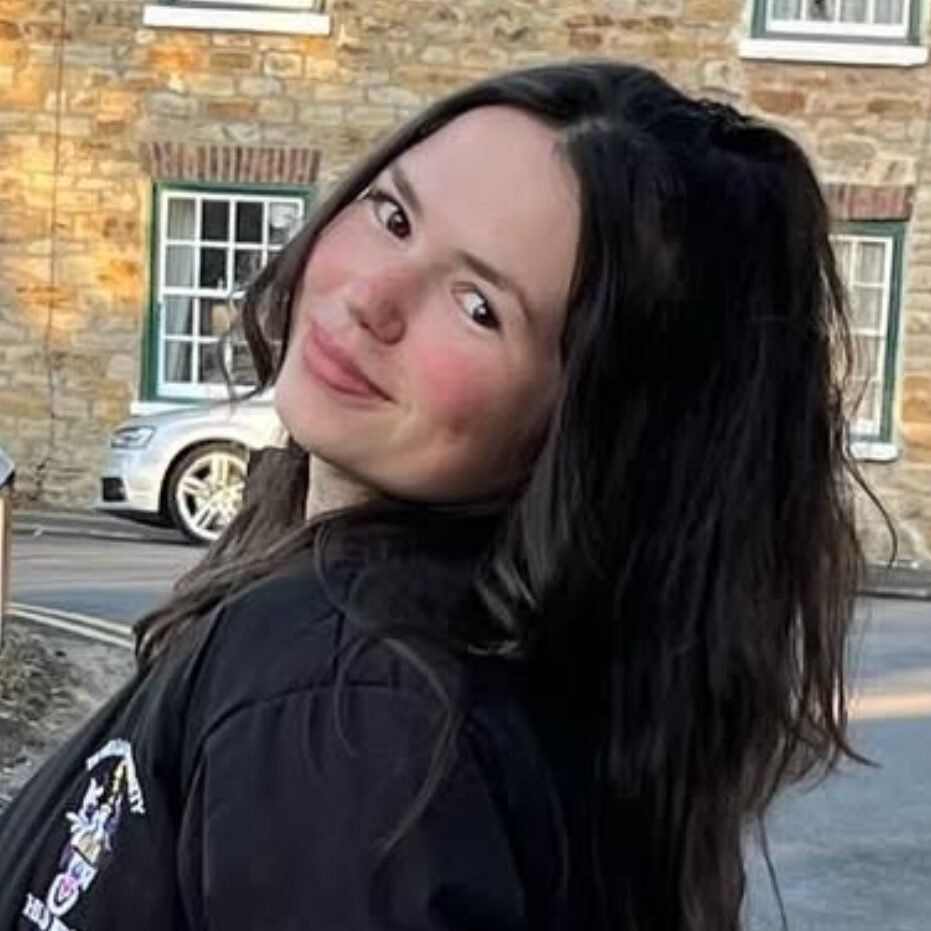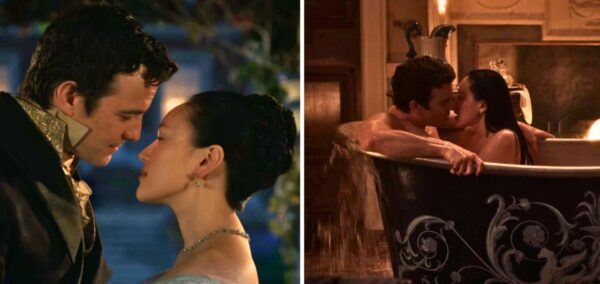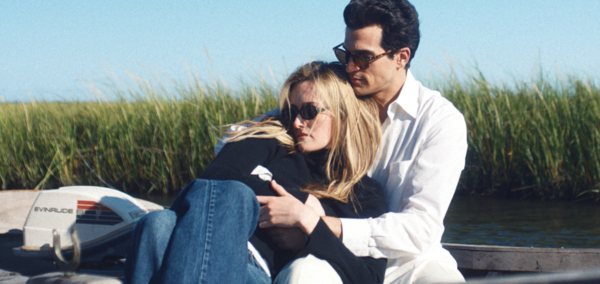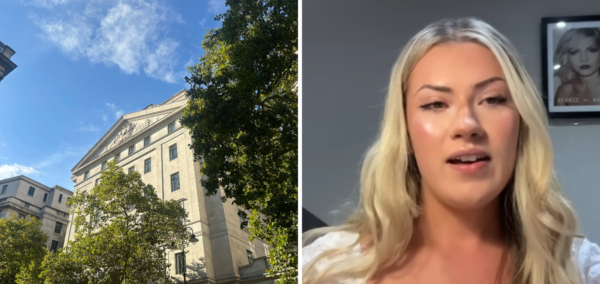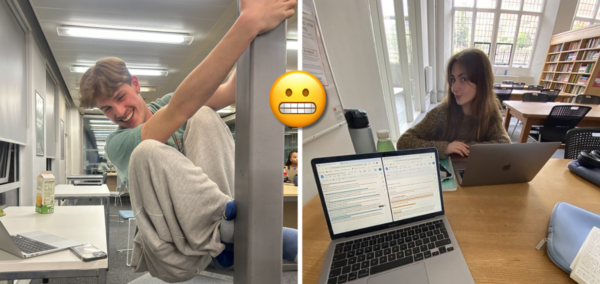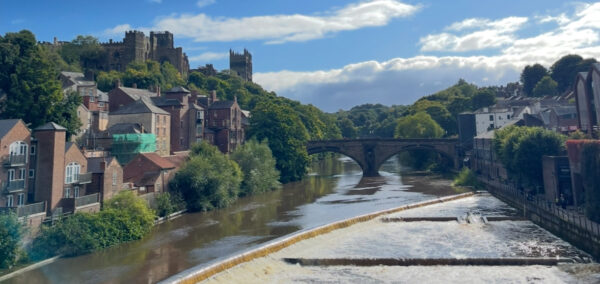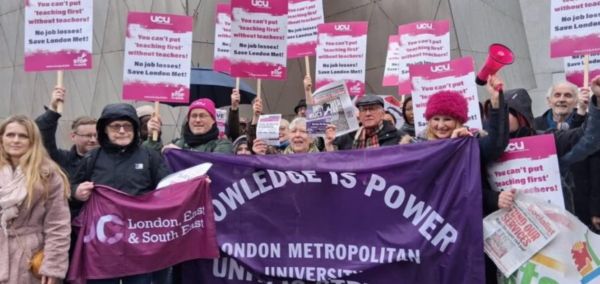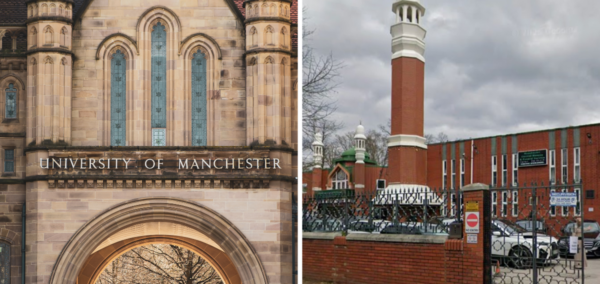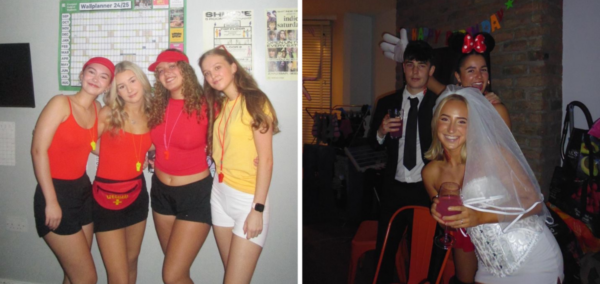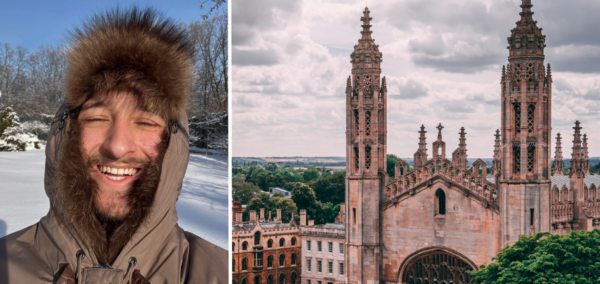
Queerness in Lancasterꓽ How did the LGBTQIA+ community get this far
From oppression to liberation ‐ how did the LGBTQIA+ community gain equality in Lancaster?
In comparison to its nearby city Manchester, which is drenched in vibrant, queer-history, Lancaster’s queer history is not much talked about (apart from the much-loved Gens, of course), and this is something that should change.
So, since it’s LGBTQIA+ History Month, here’s a rundown of the well-known queerness that floated around Lancaster in its history.
Lancashire’s queer history
Lancashire has had some of the most “severe oppression of LGBT people in the UK.” This statement can hold a bit of weight with records as early as the 17th century. However, let’s not focus on the negatives of the LGBTQIA+ community’s history as it doesn’t need to be said. Instead, let’s focus on how Lancaster went from being one of the most oppressive counties, to one of the most liberated!
Queerness at the university
Lancaster University should be celebrated for being one of the most inclusive universities. Due to its campaigns and protests, Lancaster University was named the “Queer University” in the 1970s after “hundreds of students came out.” It is important to acknowledge the university’s progress with the LGBTQIA+ community: how it had a safety net for young students to express themselves at a time when queerness was still ‘taboo,’ which is something still honoured by current students.
The university now has the LGBTQIA+ Forum run through the Students’ Union, celebrating the queer community and ensuring their safety on and off campus. Those who are members of the society face a great responsibility when it comes to voicing the community on campus. For example, using the campus’ spine as a timeline (from Oscar Wilde, to Elton John) ensures that people on our campus are aware of the greatest inspirations of the LGBTQIA+ community.
But how did Lancaster get this far? What organisations were made, and who fuelled the promotion of inclusivity for the Lancaster gays?

Queerness in the city
The 70s seemed to be the decade for political change for the gay community in Lancaster, with the West Road Gay Collective, founded in 1971. This was a house run by two gay men and two lesbians, which became “a political hub for meetings to organise activist activities and interventions.” From this hub, inclusivity-based projects were run and freedom of the gay community was fought for with students from the university and the outside community. It promoted change and equality in the city, spreading as far as Morecambe, shouting for the awareness of the community. The work done in the building also allowed for the birth of other radical groups that fought for change, like the Lancaster Gay Action Group, which eventually developed into the Lancaster Liberation Front in 1971.
Branching from the house on West Road, Primrose Street also provided revolutionary change for the LGBTQIA+ community. A house on this street became a women’s centre, the objective of which was to achieve “women’s liberation” and provide “information and consciousness rising and organising meetings and campaigns.” This centre was mainly run by lesbians, thus not only helping to kickstart the equality for the gay community, specifically the sapphics, but also empowering women with their activism.
Since then, the community has moved from secret campaigns to being outspoken and liberated. From being restricted to plotting its advancements in houses, the LGBTQIA+ community now thrives in public, especially in bars and clubs. Lancaster’s gay bar, Generation, provides the city’s queer community with a place where it can be free, and its members will never have to hide their identity, highlighting the importance of the actions of the people who plotted on West Road and Primrose Street.
Fast-forward to now
Present day members of the queer community remember all of the people who fought tirelessly for their safety and inclusion in the world. The gay men and women who were active through West Road and Primrose Street, along with every other person who was responsible for equality have allowed the LGBTQIA+ community to proudly share their identities. They are the gay ancestors who have helped reach this pointꓼ the heroes that fought for the community to walk through the streets and campus of Lancaster without being afraid of who they are.
And that’s why it’s important to remember, throughout Lancaster’s history ‐ the LGBTQIA+ community has always been here, always been queer, and it is not going anywhere.




